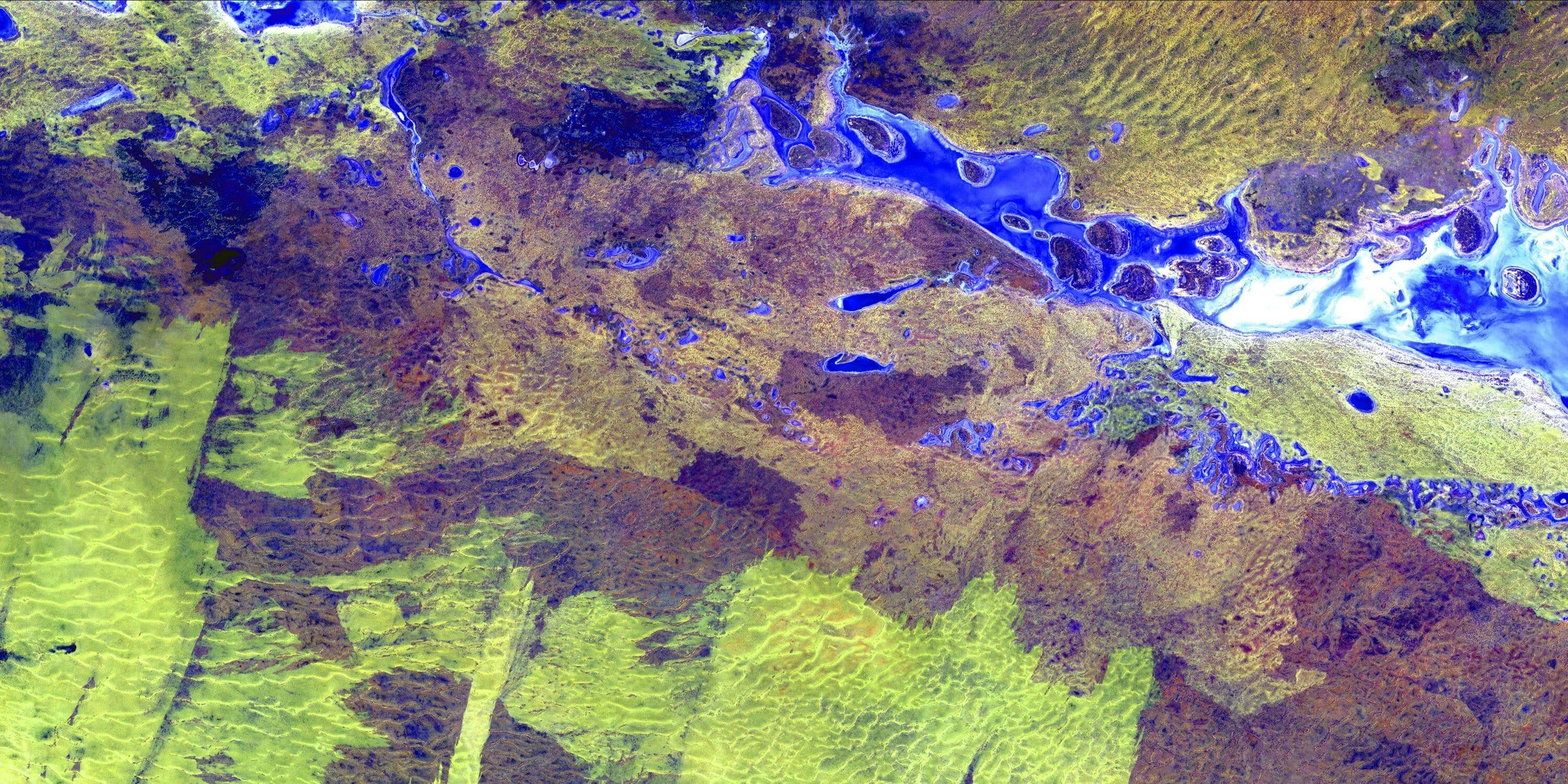As an illustrative example: The city of Helsinki wants to reduce Helsinki’s annual carbon dioxide emissions by 80% by 31st of December, 2030, as measured by real-time data from NASA's carbon-sensing satellites. The city agrees to pay out $60 M in total when the reduction is achieved. It issues 600 000 carbon bonds redeemable for $100 at the date of... See more

